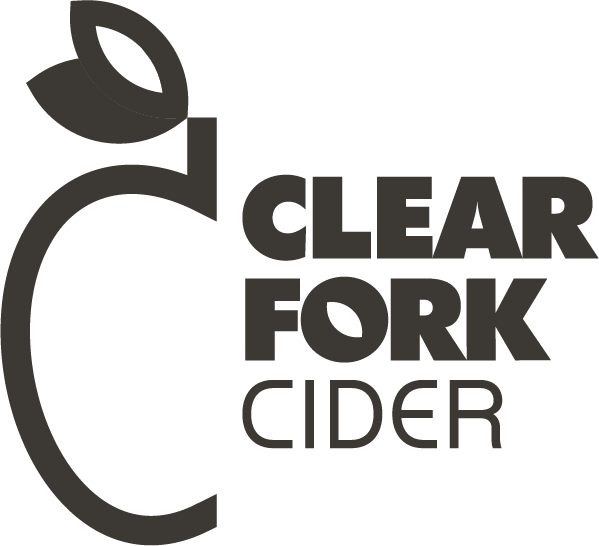Booze column: Colorado’s ciders are the real apple-pickin’ deal
At Erie’s Old Mine Cidery, the draft cider was so popular that they built a separate facility for fermenting and to expand its line of canned ciders. Photo by Doug Brown / For the Camera
“They could be Virginia Hewes crabapples,” said Dan Haykin. “If so, I’m giddy.”
Dan Haykin, who, with his wife Talia, owns Haykin Family Cider in Aurora, was headed to a family’s apple trees in Boulder while we yakked on the phone.
Crabapple and “giddy” are not words accustomed to close proximity. But for cider makers like Haykin, crabapples offer so many sour reasons for celebration.
Were they Virginia Hewes? The University of Colorado is performing tests to find out.
The hard-cider revolution first blossomed across Colorado about five years ago, and today it’s in full flower. Some Front Range cideries import the vast majority of apples or juice and then ferment the fruit into booze. Others, like Haykin and Clear Fork Cider in Denver, try to use as much Colorado fruit as possible in their elixirs. Relying upon Colorado apples was tough last year, as a spring frost killed most blossoms statewide before they could mature.
But this year is different; with fruit packing the trees, branches are weighing down towards the ground. For cider makers who use Colorado fruit, the long season means hours of harvesting apples and hauling them away to cideries. Most of the state’s commercial apple action takes place on the Western Slope, but in the early 1900s, settlers filled Boulder with orchards — and many of those trees still stand in backyards and through Open Space. The density of old trees spurred CU’s department of ecology and evolutionary biology to launch the Boulder Apple Tree Project, an effort to explore Boulder’s inventory of old apple trees.
Among other things, the program would like to “create preservation orchards where we take grafts from trees that are close to dying and let them live on in community orchards,” said Deidre Marie Jaeger, a CU doctoral student working on the project.
The real deal
“Wanna meet me in Lakewood? I’ll be harvesting from an old orchard on Friday,” said Jay Kenney, who along with Karl Kister owns Clear Fork Cider. I couldn’t make it, but Kenney swung by my Boulder house during the weekend to talk cider. Like Haykin, he’s been awfully busy in Colorado orchards.
Clear Fork incorporates Front Range apples into its wonderfully funky, satisfying ciders. If American hard cider to you means syrup-sweet nonsense, it’s time to hunt for Colorado ciders. Most of them now are dry or off-dry — more like wines, which is apt, since making cider and wine are similar. Beer is brewed, but cider makers (like their winey counterparts) ferment fruit into alcoholic elixirs.
Aurora’s Haykin turned to cider only after he became enchanted by sparkling wine. Now his gorgeous beverages, which are sold in champagne bottles and present slight effervescence, are probably the most wine-like ciders for sale along the Front Range. Interested in trying some? Haykin Family Cider is pouring samples at Boulder Wine Merchant today. If you haven’t yet experimented with high-quality American cider, I recommend swinging by for sips.
Boulder County supports a handful of cideries, including Stem Ciders’ operation in Lafayette and St. Vrain Cidery in Longmont. At The Old Mine Cidery and Brewpub in Erie, on-tap cider became so popular the joint now has a separate facility down the street that just ferments cider for the restaurant and its expanding line of canned ciders. Sales manager Tom Marbois led me on a tasting tour of the cidery’s Handlebar line, which include ciders involving Colorado apples. The cidery is a perfect excuse to visit old town Erie, and the fruit-forward canned ciders are a must. I know Handlebar will join Haykin, Clear Fork and others in my fridge — one growing as heavy with cider as are our trees with fruit.
Article written by Longtime journalist and Boulderite Doug Brown writes about adult beverages for the Camera. He can be reached at drinkingwithdougco@gmail.com. Follow him on Instagram and Twitter @drinkingwithdoug.

